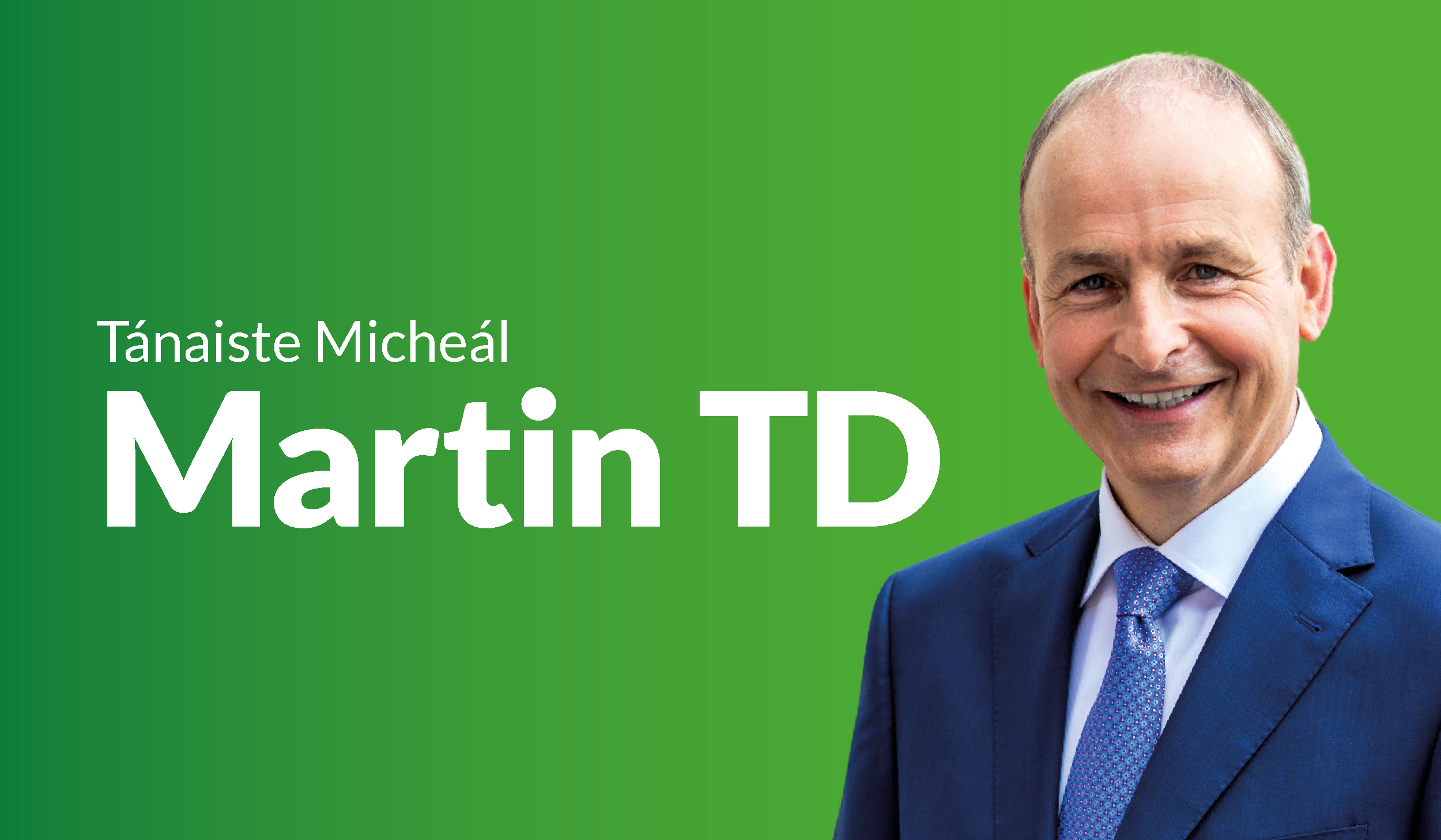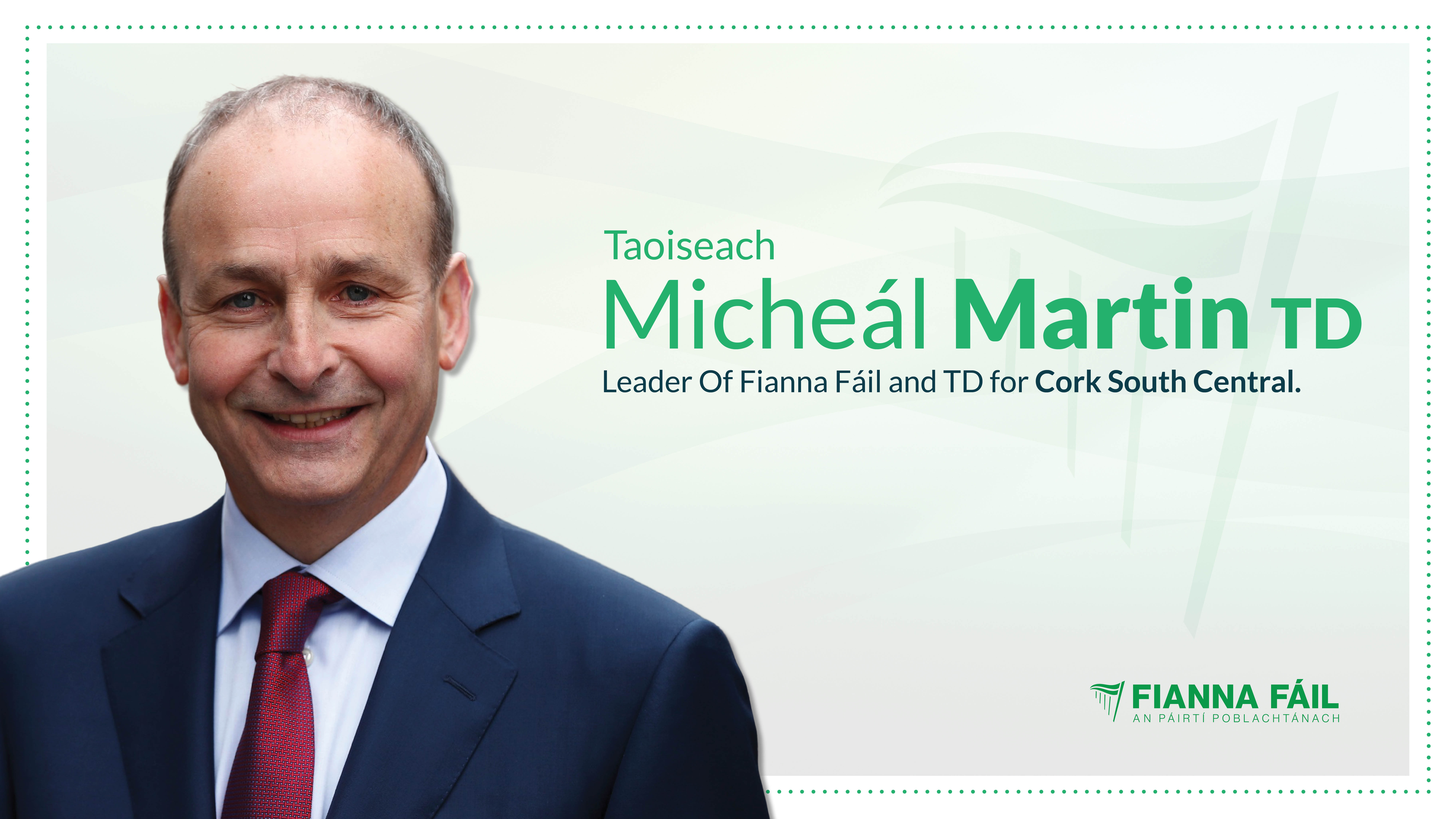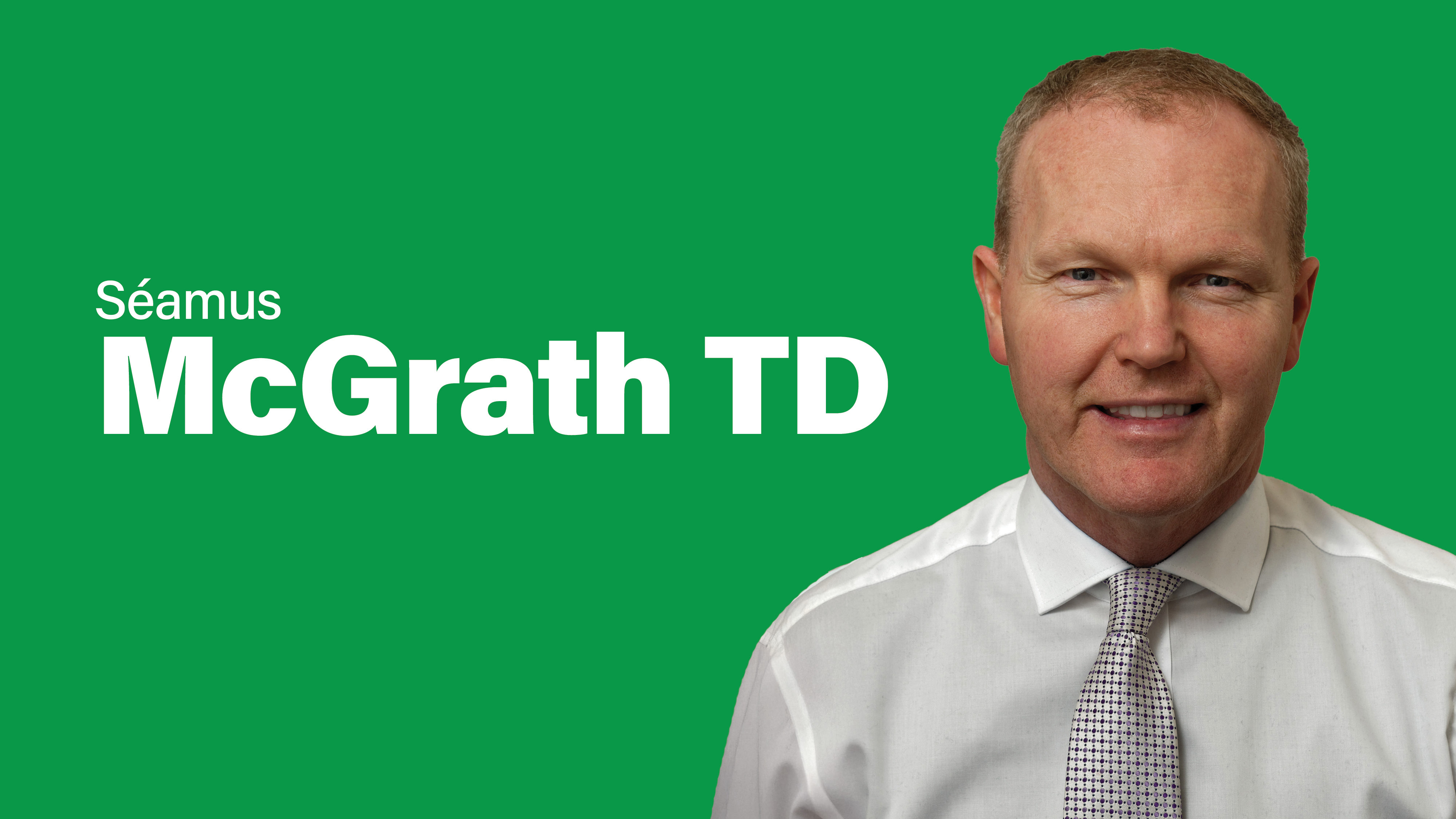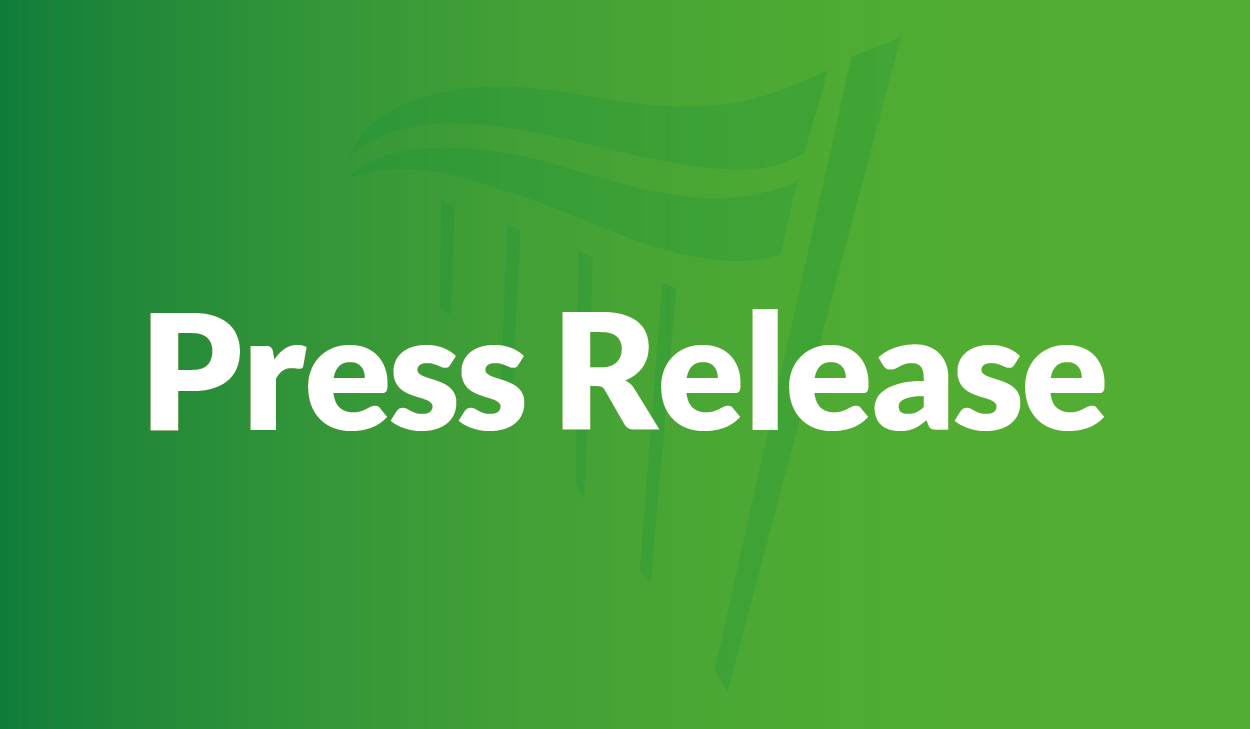Speech by Taoiseach Micheál Martin - Unveiling of Commemorative Plaque to Daniel O’Connell Cahersiveen, Wednesday 6 August 2025
Published on: 07 August 2025
Speech by Taoiseach Micheál Martin
Unveiling of Commemorative Plaque to Daniel O’Connell
Cahersiveen, Wednesday 6 August 2025
On the day that we, as a modern, European democracy gather to commemorate the birth of one of the greatest figures in our history, it is right that we come here to acknowledge the deep importance of his commitment to not just the freedom of his religion and people, but the freedom of people of all faiths and none wherever they were.
Daniel O’Connell is unquestionably one of the most important leaders in the modern history of religious freedom here and throughout Europe.
Through his life he justly earned and retained the name ‘The Liberator’ – a name given to him not by any monarch, but by the popular sentiment of the people he served so well.
O’Connell was born into a family which could give him many more comforts that the wider population – but he understood how much he shared with others as a result of being baptised as a member of his family’s faith.
To modern sentiments, the penal laws may sound abstract and distant, but it is important to remember just how deeply they affected the Irish people.
The laws against Catholics and Catholicism were imposed throughout the land in the decades following the victory of King William. Where previous centuries had been defined with widespread dispossession, these new laws made the Eighteenth Century a time where there was a concerted effort to weaken and destroy Catholic influence in professional and personal realms.
Their scope was dramatic.
The open practice and basic operations of the church were banned. Catholics were excluded from education, politics and professions. And continued efforts were implemented to try to force the conversion of Catholic landed interests, such as the O’Connell’s, to the established religion.
While the laws were not always fully enforced, and while many legal tricks were used to get around property laws, the impact was absolutely clear. To be an Irish Catholic was to be denied any status and most opportunities in a land where they were the majority.
In the year before O’Connell was born an effort began to unravel some of the laws. Certain public religious practices were allowed, basic schooling was permitted and military recruitment of Catholics began.
It is striking that this relief law owed itself solely to the London government’s wish to pacify Catholic Quebec and not for any real concern for Irish Catholics.
As O’Connell grew up he benefitted from some of these reforms, but more importantly than this he understood their limitations.
He understood that the great cause of Emancipation was still to be won – and that it would take radical new efforts if it was to be secured.
After his time studying and training in France and London he returned to an Ireland which seemed to him, incapable of asserting its own interests or finding new ways forwards.
His opposition to widespread revolution was both sincere and pragmatic. He felt that the extreme excesses he saw in France were hard to avoid, and he felt that rebellion Ireland had caused damage without securing its goals.
He aspired to an Ireland which would rule its own affairs and would emancipate all of its people – and it is absolutely essential that we never forget that his belief in emancipation came first and foremost from his deep personal commitment to the cause of justice for all irrespective of religion or nation.
He was proud of the fact that his first ever speech was against the Union and that he never wavered from his belief that emancipation for one meant nothing if it did not lead to emancipation for all.
Today we live in one of the world’s longest surviving democracies. The freedom to participate in elections and democratic assemblies is something we all take for granted. So it can be hard to understand just how revolutionary the democratic campaigns of O’Connell were.
He and his close supporters effectively invented popular democratic politics. No one had ever seen nationwide political groups formed, united by a common programme and using mass participation to raise its funding.
And there was nothing inevitable about this.
Before the radical reforms introduced by O’Connell in the 1820s, political activism had been confined to a small elite and its principal methods were pamphlets and polite petitions to King and parliament.
He gave every person the ability to show their support and demonstrated the overwhelming and irrepressible will of the people to be free.
News of the Catholic Emancipation Act of 1829 was heard throughout the world.
There was no equivalent anywhere of the movement which had secured it or the scare of the concessions received from a power still committed to a state religion.
In Europe and South America in particular, O’Connell was hailed as an international hero and icon of emancipation. They rightly saw it as a victory not just for Irish Catholics but also for all who believed in the ideals of liberty and democracy.
Especially in his later years, O’Connell was a man of deep personal faith. His Catholicism was not about positioning himself at the head of a group, it came from a sincere and unwavering belief.
What is inspiring in this, and what sets him apart from so many, is that he was just as equally committed to the rights of other religions as to his own – and every right he claimed for his people he wanted others to share.
When he was eventually admitted to the House of Commons his first actions including proposing Jewish emancipation and condemning slavery.
He used his position as no less than an international star to show solidarity with the suffering and aspirations of others.
He admired and had an ongoing correspondence with Simon Bolivar, the liberator of South America. He encouraged reform movements throughout Europe. And, in contrast, he refused a request to write to the Tsar because of the denial of personal and religious freedom to the Russian people.
His are values which are under threat in many parts of our modern world. In particular the rights of people to freely practice their religions is denied in over one fifth of countries.
Just as democracy and the rule of law are being challenged, so too are the core principles of freedom of religion and peaceful coexistence between people of all religions and none.
Ireland is, and must always be, a country which speaks up for universal values including freedom of religious expression.
We are extremely fortunate that our history has contained many great figures who defined a nationalism which should always aspire to being anti-sectarian and inclusive.
Chief amongst these figures is Daniel O’Connell, who was deeply attached to the faith into which he was baptised in this place – and who wanted others to share the freedoms he wanted for himself.
Ba cheart agus ba chóir de shíor, onóir agus gradam a thabhairt do Daniel O' Connell, Dónall Ó Conaill,mar laoch náisiúnta de bharr a cheannaireacht chaithréimeach ar an bhfeachtas bríomhar ar son Fhuascailt na gCaitliceach agus an ghluaiseacht náisiúnta a chruthaigh sé.
Chabhraigh a shaothar go mór Éire nua-aimseartha a mhúnlú i i slí nach raibh mórán eile in ann a dhéanamh. Ní raibh mórán eile inchurtha leis.
Ach caithfear onóir a thabhairt inniu don ról tábhachtach a bhí ag Ciarraí ina shaol.
I rith a shaoil, ba chuma cá ndeachaigh sé ag taisteal agus cérbh iad na daoine aitheanta i mbéal an phobail ar bhuail sé leo, do Dhónall Ó Conaill, bhí cultúr, nádúr agus muintir Chiarraí ina réalta eolais dó.
Sin é an fáth go bhfuil sé chomh riachtanach agus tábhachtach sin go bhfuil obair mhór déanta agus céimeanna tógtha don chomóradh seo ag ionadaithe poiblí agus an pobal i gcoitinne anseo i gCiarraí i gcuimhne ar Daniel O' Connell, an leacht seo ina measc inniu.
250 years after his birth, we should make sure that we continue to honour the achievements and legacy of the great Daniel O’Connell, the Liberator.
ENDS



